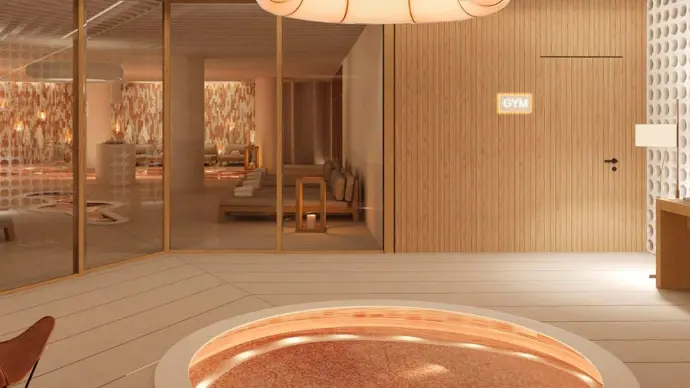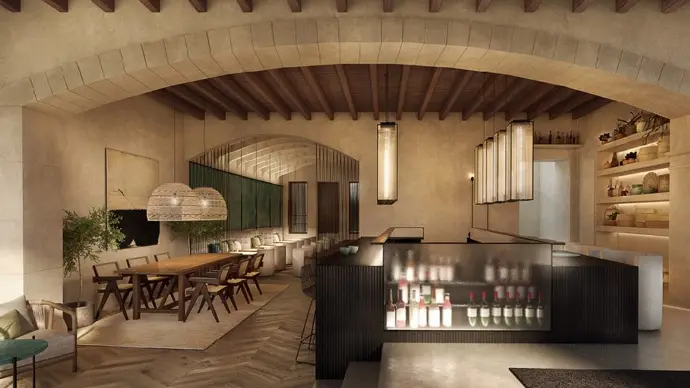The ability to adapt to each circumstance is one of the qualities that human beings constantly experience. Progress that contradictorily forces us to reinvent ourselves today to find healthier paths in this world that we share, where we work and live together in increasingly hermetic spaces.
Under these paradigms, Hogrup, part of the GEM group, specializes in the execution of installations and maintenance services for all types of buildings, mainly those aimed at the luxury tourism and residential sector. Accumulated experience that, in addition to guaranteeing spaces of high comfort and safety, is responsible for ensuring the health of the workers and clients of each institution, with absolute fidelity to its concept of providing comprehensive services.

How to diagnose Indoor Environmental Quality (IEQ)?
Hogrup incorporates into its responsibilities the control of Indoor Environmental Quality (CAI), according to the Regulation of Thermal Installations in Buildings (RITE), which describes the maintenance programs that institutions must undertake. This includes the Hygienic Review of the duct network according to the criteria of the UNE 100012 standard, as well as the Review of environmental quality according to the criteria of the UNE 171330 and UNE 171350 standards for the hospitality sector, with an annual frequency.
In times when paying attention to the quality of the indoor air we breathe is a safe bet for and for the health of all, Hogrup has highly qualified personnel for this activity. Responsible for evaluating aspects such as the design of the facilities, location of the building, hygienic-sanitary maintenance and control of the parameters associated with environmental conditions, a comprehensive diagnosis that is sealed with the delivery of the Declaration of Conformity of the Environmental Quality of the building studied, deviations detected and measures to correct them.

Five reasons to request a CAI review
- The World Health Organization (WHO) has warned that indoor air quality is one of the main health risks.
- 30% of buildings could suffer from Sick Building Syndrome, when the inhabitants of a building complain about environmental conditions that affect comfort and health.
- Every day, we spend more than 80% of our time indoors.
- Poor air quality increases absenteeism by up to 5% and can reduce productivity by up to 15%. (Centre for Indoor Environment and Energy at the Technical University of Denmark)
- The WHO estimates that 5,000 people die every day in industrialized countries due to poor indoor air quality.
